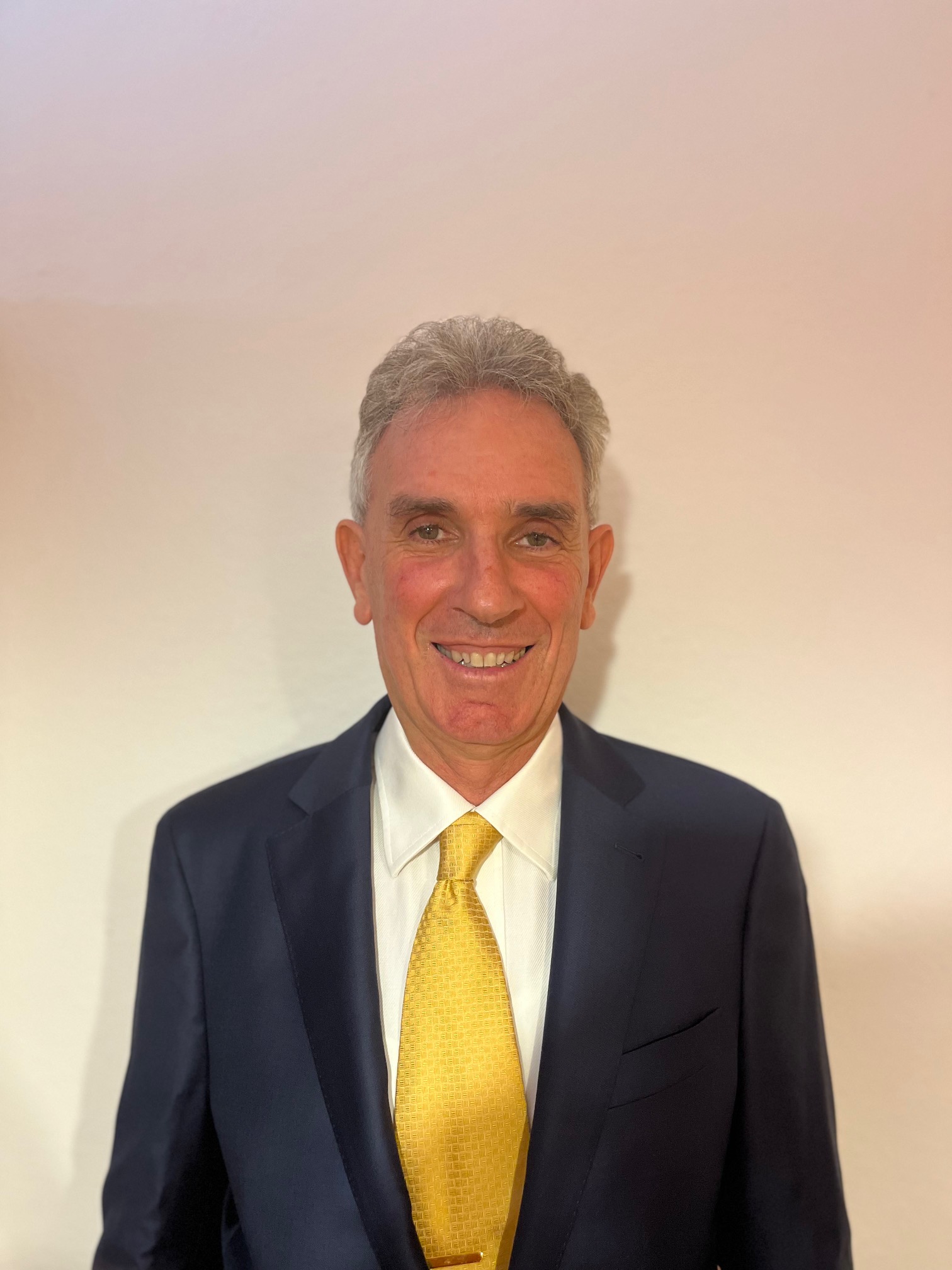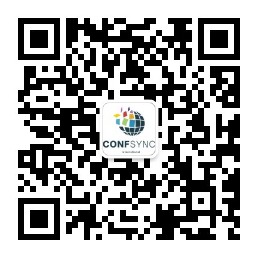Keynote Speakers

Stefano Vignudelli
Dr.
National Research Council of Italy - Institute of Biophysics
Abstract: Salar de Uyuni is a salt desert in Bolivia, situated at an altitude of 3,600 meters and spanning approximately 10,000 square kilometers. It holds the record as the “world’s largest natural mirror” when the surface is covered with a thin layer of water. However, that statement has never been scientifically proved. There is only evidence from photographs that tourists take along the border as the interior area is not easily accessible during the wet season. In this study, we use new observations from Sentinel-3 satellites to show that the Salar de Uyuni is not the vast uniform mirror on a year-to-year basis as believed. The confidence in our observations is corroborated from the optical measurements taken during the field survey (16th - 20th of February 2024), never conducted before in the interior of the Salar de Uyuni in presence of water and in coincidence with a satellite passage on 20th February 2024. Radar altimetry is a remote sensing technique that is primarily designed to measure heights. However, Abileah and Vignudelli (2021) using radar echoes developed a metrics to identify how water surface is reflecting radar waves. The idea was to use the Radar Cross Section (RCS). The smoother is the surface the higher is the RCS. Initially, we used a very basic formulation that sufficed the unknown design parameters of the radar. In this study, RCS values are now more accurately estimated using an enhanced method based on the inversion of the radar equation provided by EUMETSAT (Dinardo and Lucas, 2024).
Short Biography:Dr. Stefano Vignudelli is a senior scientist employed at the Consiglio Nazionale delle Ricerche (National Research Council) in Pisa, Italy. He has over 30 years of scientific experience in the area of Earth Observation using satellite remote sensing (radar altimetry, in particular) for studying coastal and inland environments (water level variability, in particular) at various temporal and spatial scales. Major interests include processing methods for data analysis, validation with local field observations, multi‐sensor synergy, exploitation of data from the European Copernicus program, in particular the ESA Sentinel-3 radar altimetry mission series. Most significant accomplishment has been to lead development of satellite radar altimetry in the coastal zone to provide improved measurements for sea level research and applications. He is one of the organizers of a regular series of coastal altimetry workshops (Silver Spring 2008, Pisa, 2008, Frascati 2009, Porto 2010, San Diego 2011, Riva del Garda 2012, Boulder 2013, Lake Constance 2014, Reston 2015, Florence 2017, Frascati 2018 and 2020, Cadiz 2023), co‐editor of the Springer Book “Coastal Altimetry” (20 chapters, 70 people involved and top 25% Springer books) and recent Book “Coastal Altimetry: Selected Case Studies from Asian Shelf Seas as well as subsequent reviews of the topic (Survey Geophysics 2019 and 2023, Elsevier). He is actively involved in international cooperation through joint projects, exchange visits, attendance at workshops and capacity building. He is also co‐author of five chapters of books and more than 100 publications (half in peer‐reviewed journals). He is coordinator/partner/evaluator of scientific projects. He is member of organizing/scientific committees and international societies. He is actually associate editor for Elsevier Advances in Space Research Journal in the area of satellite oceanography and vice‐president elect of Pan Ocean Remote Sensing Conference (PORSEC) association. Publications: https://scholar.google.com/citations?user=zbcu5AcAAAAJ&hl=en

Roohollah Noori
Professor
United Nations University Institute for Water, Environment and Health
Abstract: For over 70,000 years, Homo sapiens have thrived in diverse environments, thanks to their ability to accumulate and share cultural knowledge. In arid regions of North Africa and Southwest Asia, communities developed qanats—ancient groundwater extraction systems that exemplify technical brilliance and environmental wisdom. These systems allow for sustainable water use through a balance between extraction and natural replenishment, with knowledge passed down through apprenticeships and oral traditions. Qanat technology originated over 6,000 years ago in northwestern Iran, spreading eastward to Afghanistan and Central Asia, and westward to Mesopotamia, the Levant, and the Mediterranean. The rise of Islam in the seventh and eighth centuries further facilitated their expansion across North Africa and into regions like Cyprus, Sicily, and Spain. Spanish colonizers later introduced qanat knowledge to Latin America and North America, where remnants have been found in Mexico, Peru, Chile, and the United States. This rich history highlights the importance of effective knowledge-sharing and social organization in human adaptation to extreme environments. Despite their ingenuity, many qanats have faced decline or outright disappearance in recent decades. In some areas, more than half are no longer functional, while only a few remain operational elsewhere. This global decline carries significant consequences for local communities and the ecosystems they support. As these systems deteriorate, rural populations lose reliable access to water, which diminishes agricultural output and disrupts livelihoods. These challenges often lead to rural-urban migration and destabilize local economies. Environmentally, the drying up of qanats contributes to land degradation, increased soil salinity, and the overexploitation of groundwater through deeper drilling. Furthermore, the loss of these systems erodes traditional knowledge and undermines the collective governance practices that historically ensured sustainable water management. As communal water institutions weaken, intergenerational stewardship and the cultural values tied to water governance begin to fade. Given these pressing challenges, restoring qanat systems is crucial not only for hydrological sustainability but also for preserving social and cultural resilience. This study delves into the historical, social, political, and environmental factors contributing to the global decline of qanats while exploring strategies for their restoration and revitalization. It outlines the physical structures and engineering principles that characterize their sustainable design before examining the primary causes of their deterioration. The study then assesses the impacts of qanat degradation on water availability, land quality, and cultural continuity.
Short Biography:Professor Roohollah Noori earned his PhD in Environmental Engineering from the University of Tehran, Iran, in 2012. Following the completion of his doctoral studies, he joined the Graduate Faculty of Environment at the University of Tehran, where he continued to advance his research in hydrology and water quality disciplines. In 2025, he took on a significant role as a senior researcher at the United Nations University Institute for Water, Environment and Health (UNU-INWEH), where he currently specializes in Environmental Pollution and Hydro-Informatics. Prof. Noori’s research primarily investigates freshwater pollution arising from both natural factors, such as geogenic influences, and human activities, including changes in land use and land cover. His work spans local, regional, and global scales, reflecting his commitment to understanding the complexities of water pollution. He employs a wide range of methods, including physically-based models, data-driven approaches, satellite and airborne imagery, reanalysis and gridded data, in-situ observations, and socioeconomic datasets, to address the pollution and restoration of aquatic ecosystems. Moreover, he is deeply engaged in the study of global aquifers, focusing on strategies to mitigate water scarcity issues that are particularly pressing in arid and semi-arid regions around the world. His extensive contributions to the field are evidenced by his authorship of over 120 peer-reviewed scientific papers published in esteemed journals, including notable multidisciplinary platforms such as Proceedings of the National Academy of Sciences (PNAS), Nature Communications, and Nature. Recognized for his impactful work, Prof. Noori has been listed among Stanford’s top 2% of scientists since 2022. Additionally, he serves on the editorial boards of several prestigious journals, including npj Clean Water, Science of the Total Environment, Scientific Reports, Hydrology Research, and Paddy and Water Environment, further solidifying his influence in the field of environmental science.









































